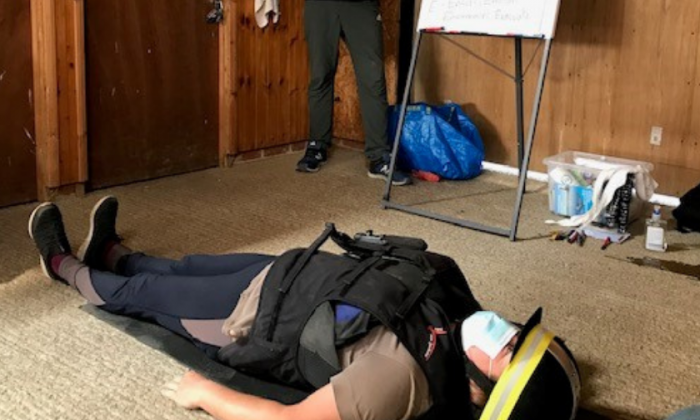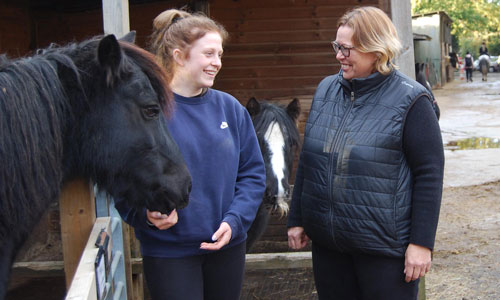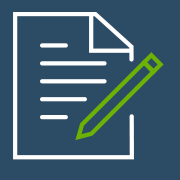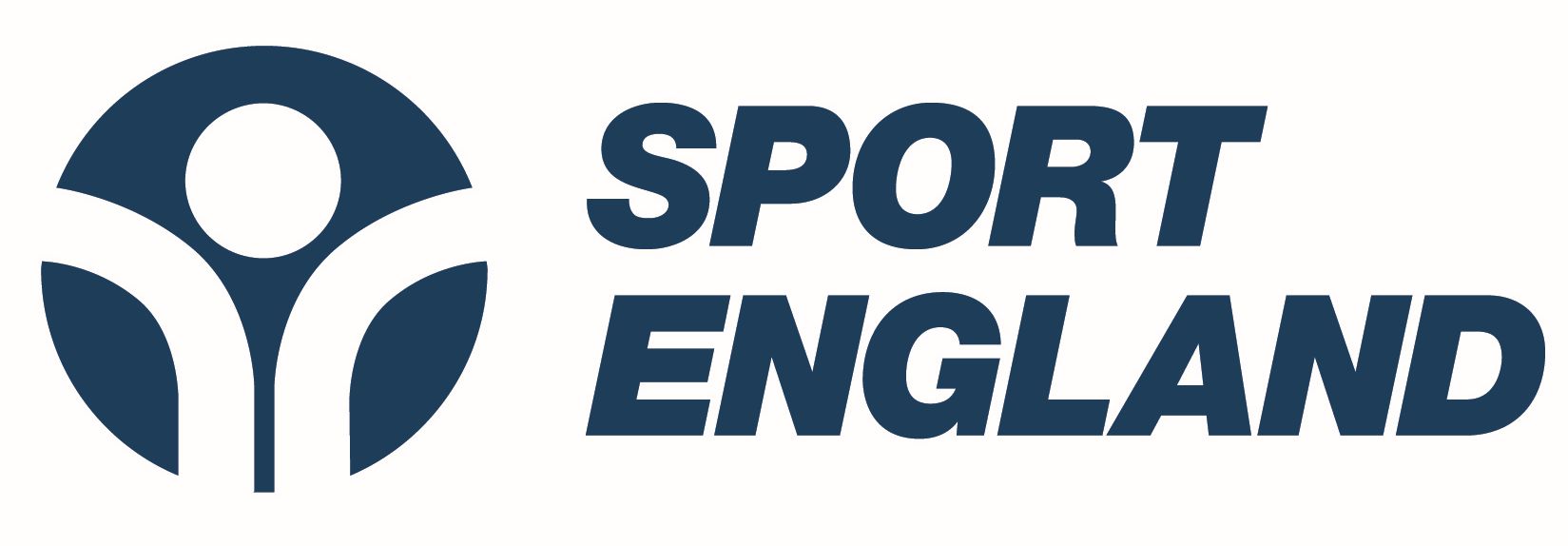How has Covid changed first aid treatment in the 'new normal'
15th September 2020

Cory Jones, Director of First Aid Training Co-operative has been delivering first aid courses for stables and riders for over 15 years. Cory is now working with Medi-K First Aid to promote deliver high quality equestrian focused first aid training and shares how Covid-19 has changed first aid treatment.
We all know working with and around horses can be dangerous. That’s is why having staff members around with some first aid skills is important at stables or at equestrian events. In fact many of the readers of this article will have been even on a first aid course.
So how has Covid 19 affected how we can treat casualties who are injured?
The virus responsible for COVID-19 is spread most often via inhaling small droplets in the air produced by coughing or sneezing, or via touching a contaminated surface and then touching the face. First aid treatment often requires a first aider to be in close proximity to a casualty, so carrying out first aid carries an inherent risk.
| |
Should Covid mean we don’t do any first aid at all on casualties?
No we still need to assess injuries and treat casualties but we should be thinking Covid whilst we do so. |
If you stay 2 metres (6 feet) from an infected casualty it will be very difficult to catch the virus. If you need to get closer then use PPE (as described below), wash hands or use hand sanitizer regularly and avoid hand to eye contact.
Governing bodies such as the Resuscitation Council UK have issued a range of guidance about how to alter the way you treat casualties in the new Covid era.
Remember that this is guidance based on current best practice, and as the pandemic continues advice may change.
 |
Stay safe - Remember the basics – look after yourself first – safety first.
As part of your scene safety and personal protection you now need to think about Coivd-19. PPE (personal protective equipment) is normally means putting on your disposable non latex gloves. Now you should also include putting on a facemask. Facemasks should be added to your first aid kit. |
 |
Approach.
When approaching a casualty there is always a risk of cross contamination – if you have a spare mask in your first aid kit, place it over the casualty’s mouth. If you don’t have a mask use a tissue or put some loose clothing over their mouth and nose. |
 |
Conscious casualties.
If a casualty is conscious you may ask them to put on a face mask, ask them if they have a temperature or are feeling unwell. Do they have a cough, temperature of loss of smell? If you suspect Covid-19 maintain a 2 metres distance from the casualty if there is no need to approach closer. |
 |
Airway & breathing.
For an unresponsive casualty you should still perform a primary survey and open their airway normally. Check for breathing by looking and feeling (by hand) for abdominal and chest movement. |
 |
CPR for Cardiac Arrest - Do not perform rescue breaths on the casualty.
Pre Covid-19 first aiders were taught to do chest compressions and rescue breaths if possible. This has now changed and we have moved to ‘bystander CPR’ i.e. CPR without rescue breaths.
• If you are in any doubt about confirming cardiac arrest, the default position is to start chest compressions until help arrives.
• Make sure an ambulance is on its way. If COVID 19 is suspected, tell them when you call 999.
• Early use of an AED significantly increases the person’s chances of survival and does not increase risk of infection.
• All first aiders should wash their hands with soap and water after providing first aid. If soap and water are not available, an alcohol-based hand gel should be utilised. |
After the incident - Wash your hands with soap and water or use hand sanitizer. Avoid touching your mouth, eyes and nose. This advice is applicable to all situations, regardless of whether there was close contact, or the minimum 2 metre social distancing was maintained.
Stress management - The COVID-19 outbreak has meant a lot of change over a short period of time. If you have performed first aid on a casualty take the time to look after your own needs. Talk to a trusted friend or councillor about any fears and concerns. Look after your own welfare as well as that of the casualty.
First Aid Equipment - In addition to your normal first aid kit, it would be advisable to add some new items – first aider face mask & casualty face mask, and hand sanitizer.
Keep informed and updated - As this is a new disease this is an ever-changing situation and the government and NHS are continually updating their advice. Make sure that you regularly review the NHS 111 or Gov.uk website which has a specific section on Coronavirus.
Post Covid Medi-K has restarted first aid training with Covid risk assessments and mitigation in place. Contact them for your next first aid course on 0333 4330731or at Medi-K@firstaidtrainingcooperative.co.uk.
If you are a BGA or EEA member then don't forget to take advantage of your discount. Sign in to get your code.
BGA MEMBERSHIP OPTIONS



























-Small.jpg)



-Small.jpg)

